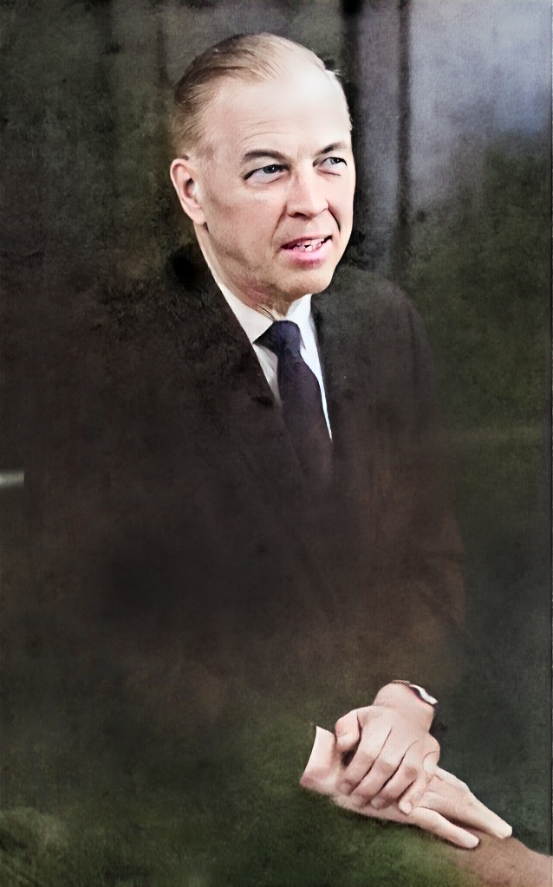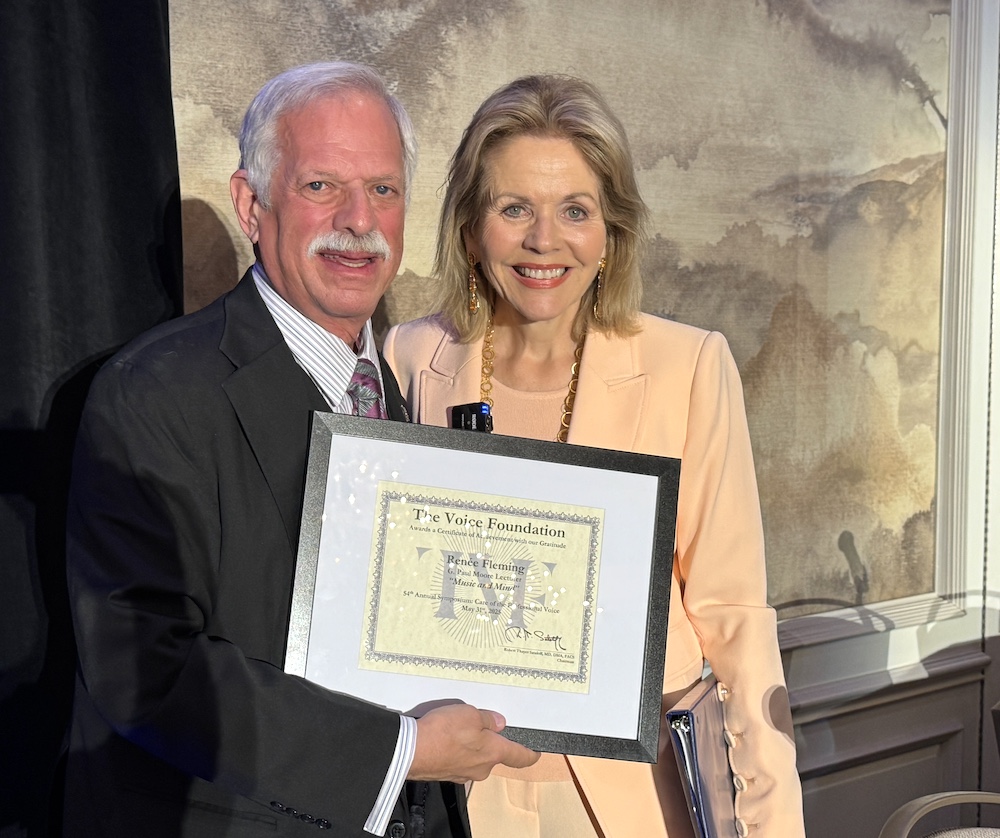
G. Paul Moore Lecture
In 1981, a new feature was added to the Annual Symposium: Care of the Professional Voice: The G. Paul Moore Lecture. Named by the Board of Directors of The Voice Foundation in honor of Dr. Moore, this lectureship was created to provide an opportunity for people of stature in the field to share their philosophical and historical perspectives on voice and to provide an overview of their particular areas of interest.
In Memoriam: G. Paul Moore, Ph.D.
On January 17, 2008, the Voice Foundation and Annual Symposium: Care of the Professional Voice lost a valued friend. Professor G. Paul Moore was an innovator and pioneer in voice science and rehabilitation, most notably for his development of high speed photography of the human vocal folds. He championed the study of laryngeal physiologythe critical bridge of knowledge that reconciles vocal symptoms and the underlying pathology.
Much of the current clinical practice in voice is still based on his foundational work. He was an early contributor to the organization of the Voice Foundation, founded in 1969, and the Annual Symposium on Care of the Professional Voice, with the inaugural meeting taking place in New York City in June 1972. As such, the G. Paul Moore Lecture was initiated at the annual symposium in 1981, the first lecture given by Professor Moore and presented each year thereafter by a notable voice practitioner.Professor Moore was born November 2, 1907, in Everson, West Virginia, just outside of Fairmont, the town in which he was raised. He attended West Virginia University where he received his ABdegree in 1929. In 1974, West Virginia University awarded him an honorary Doctor of Sciences degree.
He received his MA degree in 1930 and Ph.D. degree in 1936 in voice pathology and laryngeal function from Northwestern University, and was on the faculty there for several years. He was director of its Voice Clinic from 1950 to 1962 and director of its Voice Research Laboratory from 1940 to 1962.
He joined the University of Florida in 1962 as Professor of Speech and was the department chair from 1962 to 1973. During his tenure at the University of Florida (UF) he was named a Distinguished Service Professor in 1977 and Distinguished Service Professor Emeritus in 1980. He was director of the Communication Sciences Laboratory at UF from 1962 to 1968, and was active there until 1998. The annual G. Paul Moore Symposium was f irst organized by the students in the department in 1978 in tribute to his contributions to the fields of audiology and speech-language pathology.
Professor Moore was nationally and internationally known and respected in his field of voice science/disorders, and was author and editor of many professional publications, books, films, and videos. He was one of the first ambassadors for multidisciplinary collaboration between speechlanguage pathology and otolaryngology, the current gold standard of professional practice in voice disorders. His greatest legacy may well be his mentoring of countless generations of professionals, providing an exemplary model for conduct in the clinic, classroom and laboratory.
W.S. Brown, Jr. Douglas Michael Hicks Thomas Murry University of Florida, IASCP, Gainesville, Florida

2025
Renée Fleming
Music and Mind
| 2024 Jack J. Jiang, MD, PhD | 2023 Margaret Baroody, MM | |
| 2022 Michael M. Johns III | 2021 Charles Larson | 2020 Linda Carroll |
| 2019 Nancy P. Solomon | 2018 Nicolas E. Maragos | 2017 Sten Ternström |
| 2016 Mara Behlau | 2015 Brenda Smith | 2014 Gayle Woodson |
| 2013 Thomas Murry | 2012 Peak Woo | 2011 Katherine Verdolini Abbott |
| 2010 Bonnie Raphael | 2009 Michael Benninger | 2008 Diane Bless |
| 2007 Jean Abitbol | 2006 Christy Ludlow | 2005 Janina Casper |
| 2004 R.J. Baken | 2003 Charles Ford | 2002 Ronald Scherer |
| 2001 Daniel R. Boone | 2000 Jean Westerman Gregg | 1999 Joel Kahane |
| 1998 Steven Gray | 1997 Aatto Sonninen | 1996 Nobuhiko Isshiki |
| 1995 Richard Miller | 1994 Robert T. Sataloff | 1993 Harvey M. Tucker |
| 1992 Ingo R. Titze | 1991 Wilbur J. Gould | 1990 Oskar Kleinsasser |
| 1989 Johan Sundberg | 1988 David W. Brewer | 1987 Minoru Hirano |
| 1986 Henry J. Rubin | 1985 John A. Kirchner | 1984 Harry Hollien |
| 1983 Friedrich Brodnitz | 1982 Hans von Leden | 1981 G. Paul Moore |